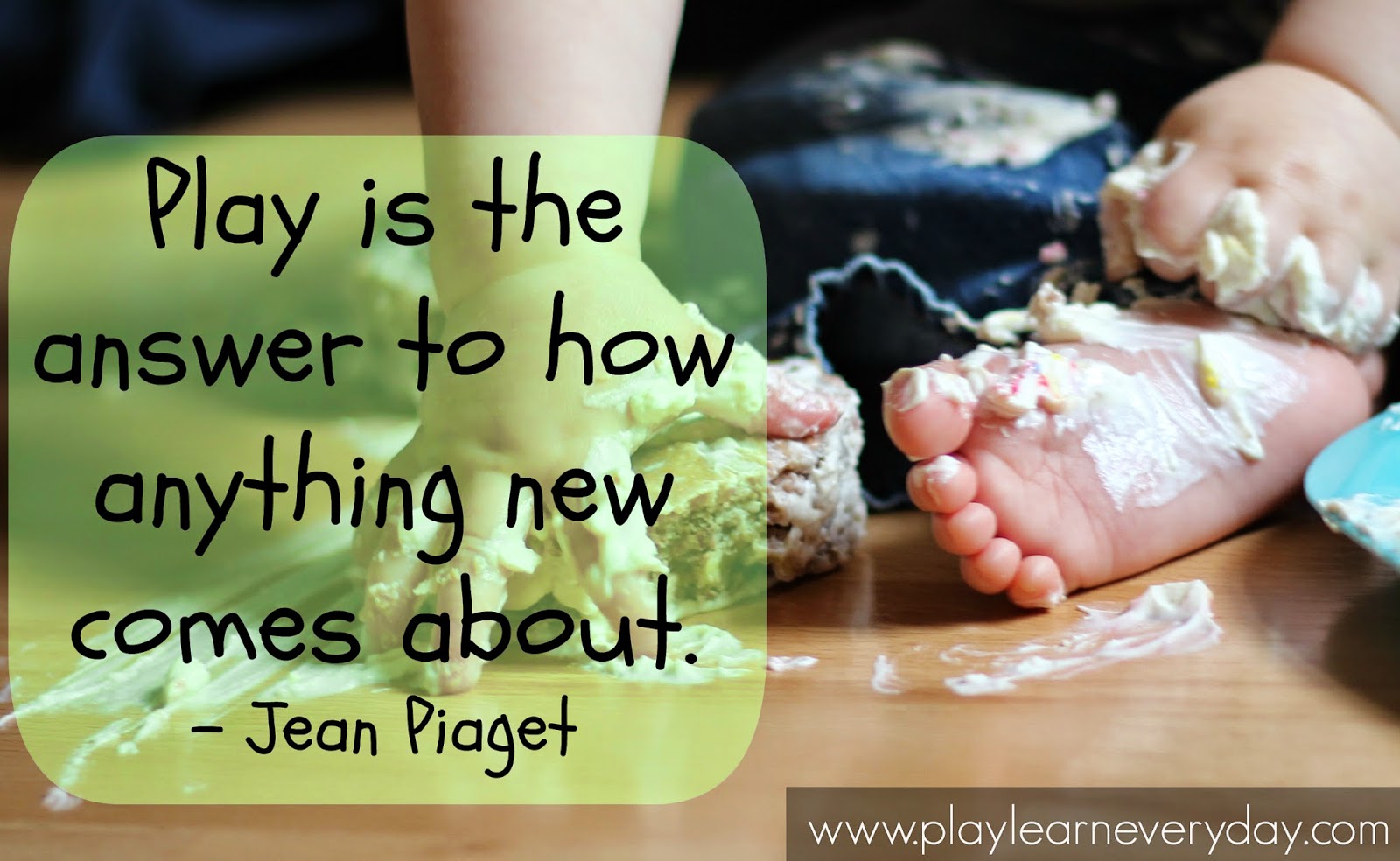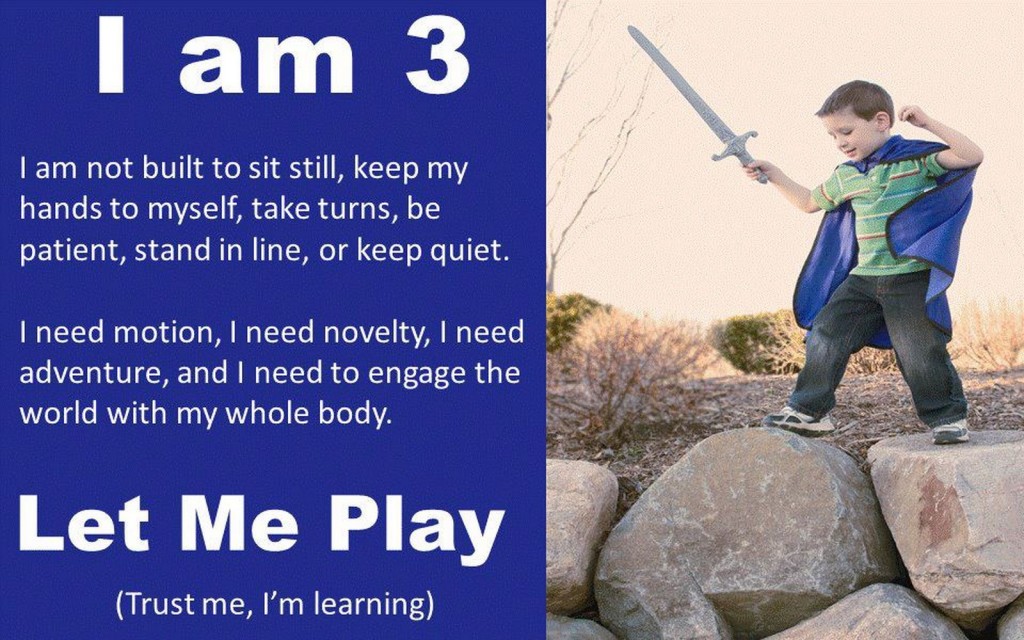This past week’s EGS meeting was facilitated by Amy Dickerson, and centred around the theme of play-based learning. The next grad meeting will be Thursday April 9th from 6-7pm EST, led by Ellen Martin. The following notes were taken by Melissa Kenney, which reflect the organic flow of conversation that occurred. We are looking forward to our next meeting (although Understanding Education students may be unable to attend as it coincides with the real-time sessions). Hope to see you there!
Article discussion by Amy:
- Dualism between work and play is the article– there should be a balance between this in the curriculum.
- The open-ended experiences and open-ended experience (such as play and exploration)– how can we find the balance in the curriculum?
- “Work is work and play is play” as opposed to integrating; this is seen with older kids in particular. I do school and then I get free time; the free time is their play. This is the dualism; we need academics over play, and this is how it is running at the moment.
- The Doll Example (p.234); how the play itself can lead to the achievement in the classroom. How can this be carried through to higher grades?
- Older grades play can be group based teaching; is this really what play is defined as? The definition of play is and can be different from many others.
- Play doesn’t look the same in kindergarten and grade 7, which makes things more complex.
- The article was very black and white; either play or no play, work or play either happens, and he does not feel that it is being done.
- There is so much stigma around play about how aimless it is. There are so many activities in the different grades that have some sort of play in them. Transformative exploration can be linked to play and learning.
- Developmental benefits of risky play à children who are willing to take physical risks on the playground will take similar risks in the learning environment. If they are allowed to burn out their energy in play outside, they become better learners in the classroom.
- Adventure playgrounds being built in the U.K.
- The benefits of letting kids manage their own risks have been shown to be great, and the adventure playgrounds seem to be beneficial
- Because recess is a novelty or reward, will they be interested in this if it is offered the whole day? Because it would become the norm to be involved in their work, this recess would not be seen as such a big and important part of their day (their relief).
- If you can make play authentic, meaningful, and relevant they will remember it and it will be the point of learning.
- Kids should have a right to ask “why are we doing this?”

What does it mean to socially construct knowledge from the process of learning?
- Give kids the tools and they will make meaning of it.
- Constructivism will make it authentic, meaningful, and relevant.
- If you don’t make it relevant, they’ll forget it. Kids can also Google anything; they need to learn how to critically think, how to conduct research, etc. Why should they have to remember dates since we have access to all the information?
- Self-organized learning environments– throw your kids into a computer lab and tell them to figure things out. Kids will mingle and group together, and the depth of understanding they will have will be phenomenal.
- You can do more in less time by letting the kids organize their own learning.
- Kids know and order themselves according to how they learn and their own level of learning.
- Nurturing acceptance of failure as a process!
- Kids shouldn’t feel scared to get the wrong answer.
- Students may blame their disability if they have one which leads to the question: Labeling them that early– is it doing them a disservice?
- Shouldn’t judge students by their peer group either
- High schools in particular are stigmatizing students based on their choice in friends, and it is incredibly silly.
- You are influencing lives right from the get-go; these students will listen to what you have to say and take it to heart.
- We seem to be reflecting after everything we do now, and there is hope that the younger generations reflect on what they say to these kids in order to catch anything that they say that isn’t appropriate.

